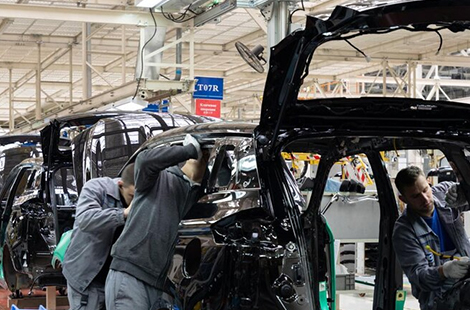Counterfeiting, a shadowy industry often lurking in the background of legitimate commerce, has far-reaching consequences that extend well beyond the creation and distribution of fake goods. In this article, we explore the global impact of counterfeiting, shedding light on its economic, social, and safety repercussions.
The Scale of the Issue
Counterfeiting is not a minor problem. According to the International Chamber of Commerce (ICC), counterfeit goods make up nearly 3.3% of global trade, accounting for a staggering $509 billion annually. This underground industry affects a wide range of sectors, including fashion, electronics, pharmaceuticals, automotive, and luxury goods.
Economic Consequences
- Lost Revenue: Businesses lose significant revenue to counterfeiters, impacting their growth, innovation, and job creation potential.
- Tax Evasion: Counterfeit operations often evade taxes, depriving governments of revenue that could be invested in public services.
- Undermining Legitimate Trade: Counterfeit goods distort competition, making it difficult for genuine products to thrive in the marketplace.
Consumer Safety
Counterfeit products can pose serious risks to consumers:
- Health Hazards: Counterfeit pharmaceuticals, food and beverages may contain harmful ingredients, jeopardizing public health.
- Substandard Quality: Fake electronics, automotive parts, and safety equipment may fail, leading to accidents and injuries.
Intellectual Property Theft
- Innovation Stifling: Counterfeiting discourages innovation by undermining the incentives for research and development.
- Brand Dilution: Brands suffer from reputation damage when consumers associate their name with subpar counterfeit products.
Impact on Employment
Counterfeiting is often linked to illegal labor practices and exploitative working conditions, particularly in regions where the production of counterfeit goods is prevalent. This undermines fair labor standards and workers’ rights.
Environmental Consequences
The counterfeit industry has an environmental toll, too:
- Waste Generation: The production and disposal of counterfeit goods contribute to environmental waste.
- Resource Depletion: Counterfeiters often use cheaper, low-quality materials, depleting resources unsustainably.
Global Trade Distortion
Counterfeit products disrupt international trade:
- Tariff Evasion: Counterfeiters may avoid paying tariffs and duties, causing financial losses to governments and legitimate businesses.
- Market Access Issues: Counterfeiting can result in regulatory barriers that hinder the entry of legitimate products into global markets.
Security Concerns
Counterfeiting has links to organized crime and even terrorism. The proceeds from counterfeit sales can fund criminal activities and pose a national security risk.
Countering Counterfeiting
Combating counterfeiting requires a multi-faceted approach, including:
- Stronger Legislation: Governments must enact and enforce stricter laws against counterfeiting.
- Technological Solutions: Advanced technologies such as authentication tools like invisible signatures can help track and verify products.
- Consumer Awareness: Educating consumers about the risks of counterfeit goods can reduce demand.
- International Cooperation: Global collaboration is essential to tackle counterfeiting’s transnational nature.
The global impact of counterfeiting is a complex web of economic, social, and safety issues that cannot be ignored. It’s a problem that affects businesses, consumers, governments, and society at large. Addressing this epidemic requires a concerted effort from all stakeholders, with a commitment to protecting innovation, ensuring consumer safety, and preserving the integrity of global trade. Only through collective action can we hope to reduce the far-reaching consequences of counterfeiting and create a safer and more prosperous world.




